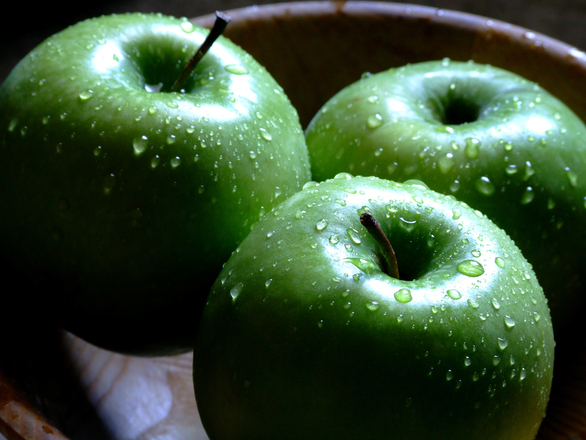

THE USPTO has been thoroughly impacted by the US Supreme Court (SCOTUS), for a ruling from last summer meant that a lot of patent applications, especially ones that pertain to software, are no longer eligible and should thus be rejected/discarded. Techrights believes that Alice v. CLS Bank can gradually pave the way to a world free from software patents and that without this case, software patents would only gradually expand and become universally acceptable.
"Techrights believes that Alice v. CLS Bank can gradually pave the way to a world free from software patents and that without this case, software patents would only gradually expand and become universally acceptable."The Alice case, which continues to squash a lot of software patents (those that are being tested in a court of law), changed the game and even Apple, a leading foe of Linux and Free/libre Open Source software, is now using Alice in order to squash software patents (those which are asserted against Apple). According to this article from Florian Müller: "The Apple v. Ericsson docket in the Northern District of California was worth taking another look (after quite a while): two weeks ago, Apple brought a motion for summary judgment of invalidity of two patents asserted by Ericsson in its counterclaims to Apple's declaratory judgment complaint, and the motion is entirely based on 35. U.S.C. €§ 101 in light of last year's famous (or infamous in the eyes of patent attorneys) Alice ruling by the Supreme Court on patent-ineligible subject matter..."
Patent Buddy took note of these patents [1, 2] and we wish to remind readers of our recent post about patent trolls in Europe and Ericsson's troll, Unwired Planet.
"Maybe the folks at the ITC think they're above the law, even above the Supreme Court."The fascinating thing here is that even Apple, which is attacking users with software patents (embargoes, feature removal, price hikes) and maliciously spying on users, is making use of the Alice case. But perhaps the most interesting article today concerns the United States 'International' Trade Commission (it's not really international, it's nationalistic and biased; it's often used by Microsoft and Apple to ban Android devices), which according to patent lawyers remains reluctant to take account of the Alice case. Maybe the folks at the ITC think they're above the law, even above the Supreme Court.
"Outside of the ITC," wrote the author, "defendants have been increasingly successful in challenging the patentability of asserted claims under Section 101. Recent decisions by the Supreme Court and the Federal Circuit have clarified, and arguably narrowed, the scope of patentable subject matter, and have repeatedly urged district courts to resolve any Section 101 defenses as soon as possible. At the ITC, however, this defense has rarely been asserted, and has only once been successful since Bilski. Nevertheless, ITC practitioners should expect to see more of these defenses in the near future, and there are interesting, open questions surrounding how the ITC will interpret and implement the Supreme Court’s decisions on this issue."
"The injunctions are so biased that it's just too hard to ignore."We have been vocal critics of the ITC and its dubious practices since the Bilski days, so this one is yet another example for our list. It often seems like all that the can ITC offer is protectionism for US (mega)corporations, not justice. The injunctions are so biased that it's just too hard to ignore. ⬆
"Software patents have been nothing but trouble for innovation. We the software engineers know this, yet we actually have full-blown posters in our break-room showcasing the individual engineers who came up with something we were able to push through the USPTO. Individually, we pretty much all consider the software-patent showcase poster to be a colossal joke." —Kelledin, PLI: State Street Overruled... PERIOD